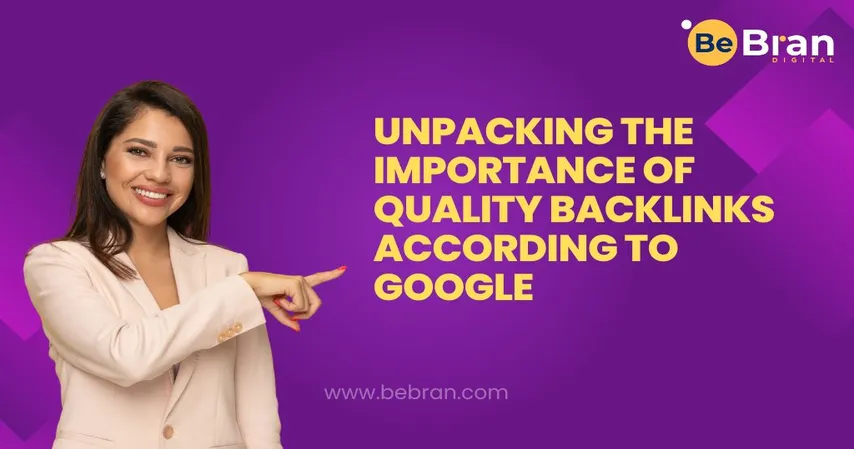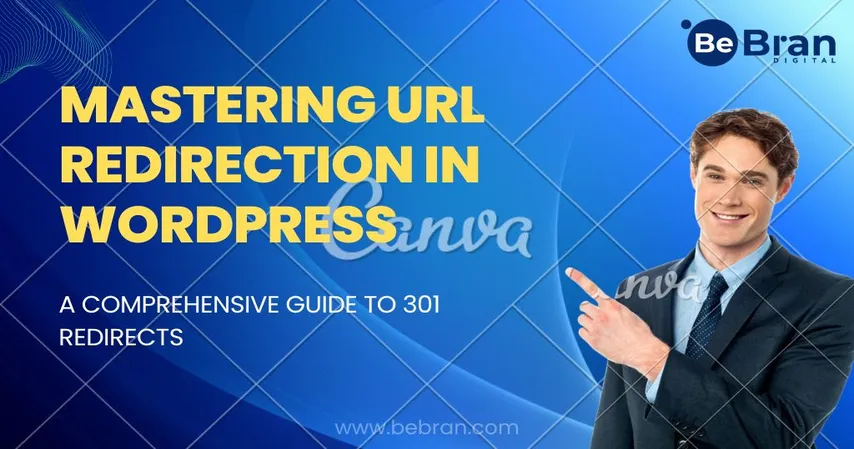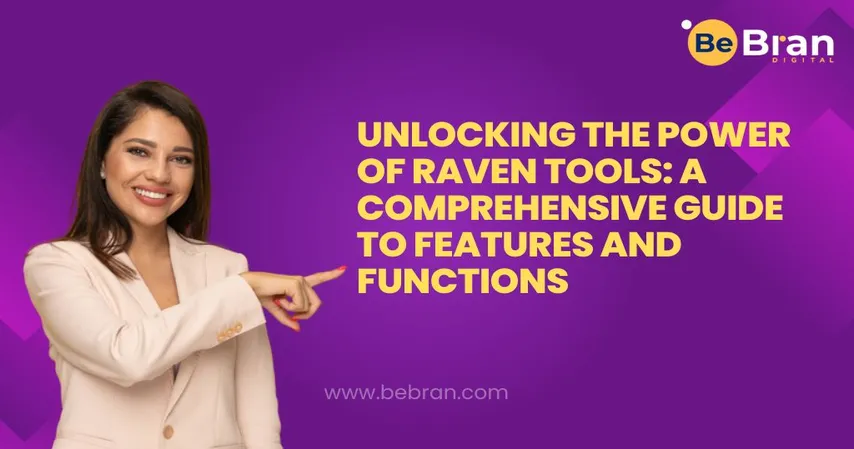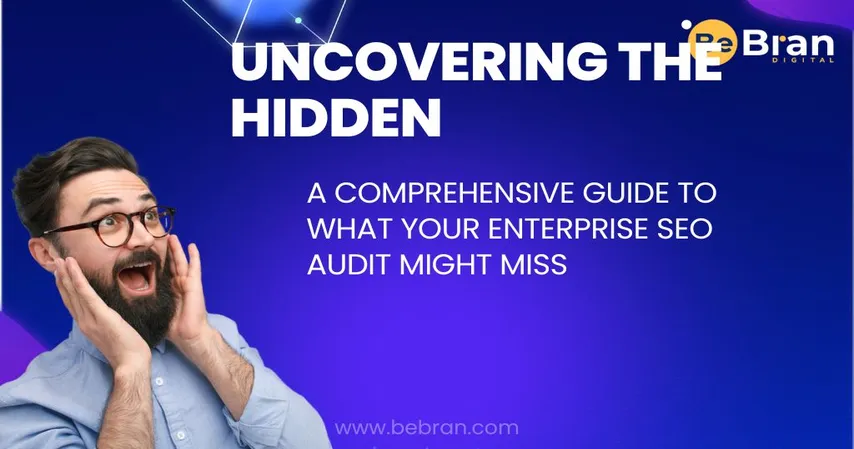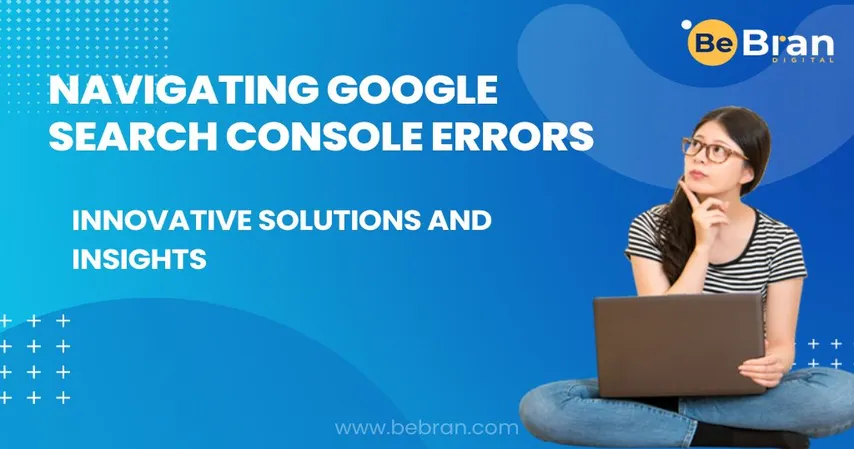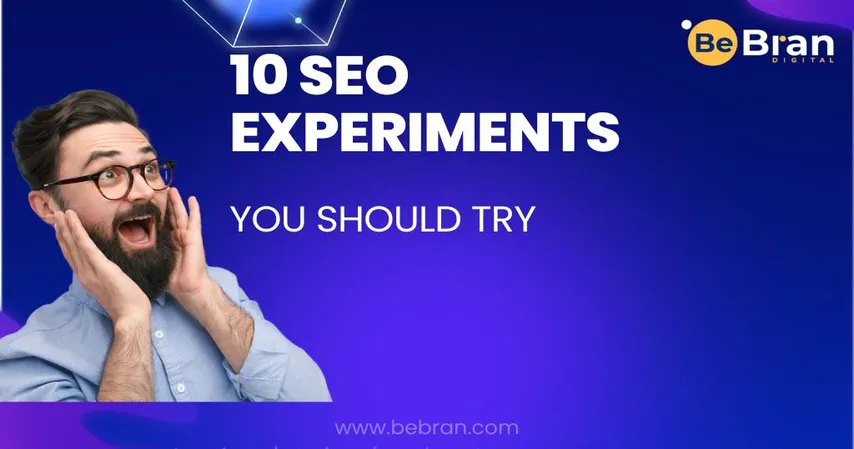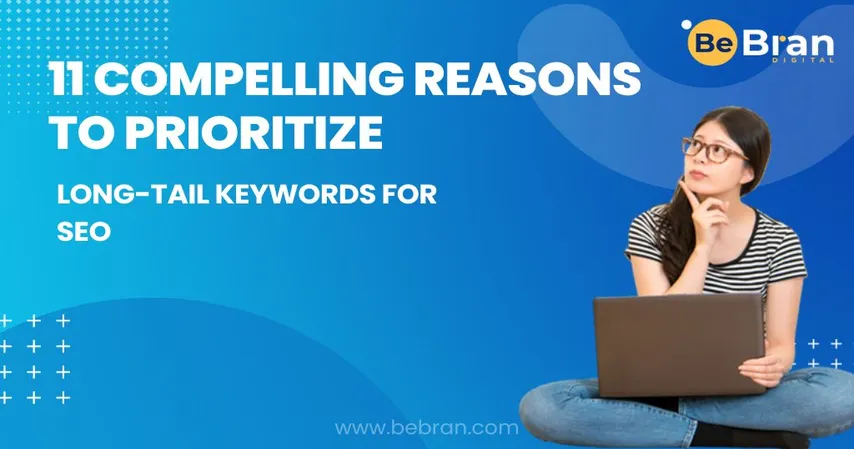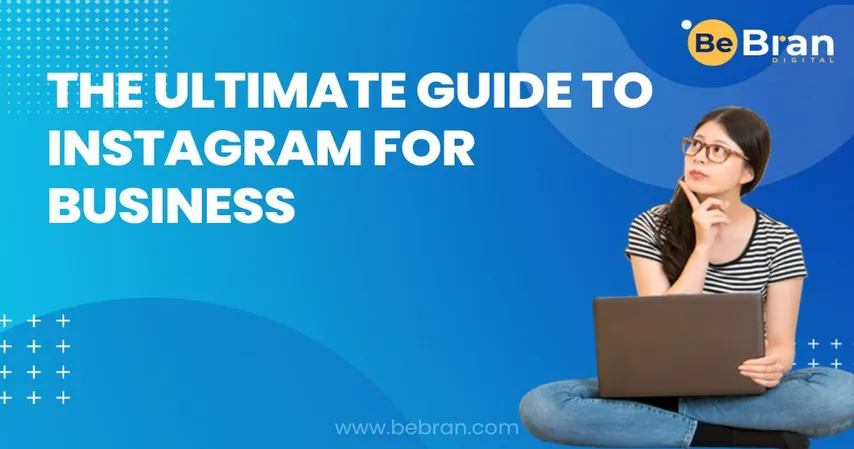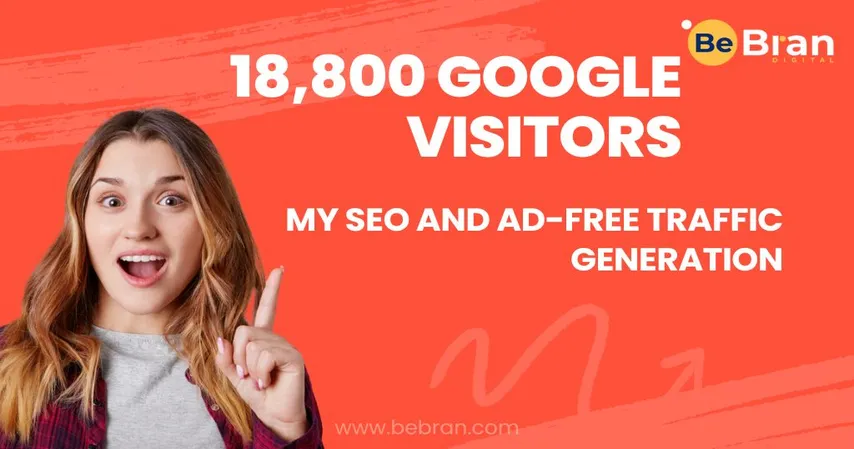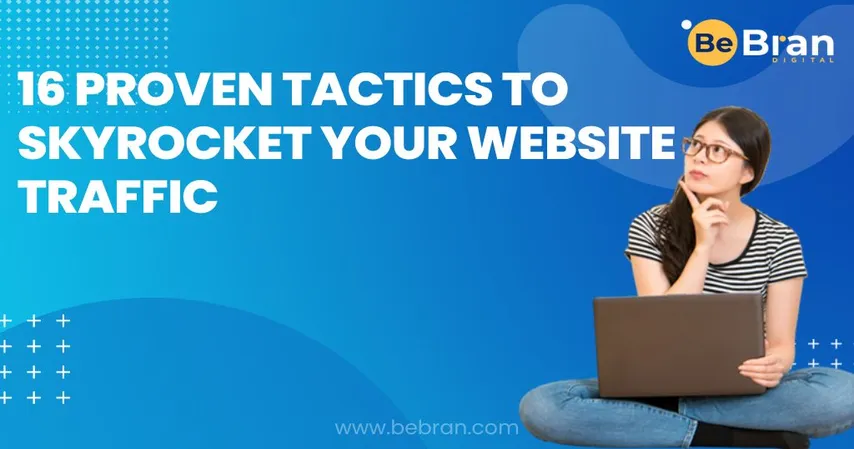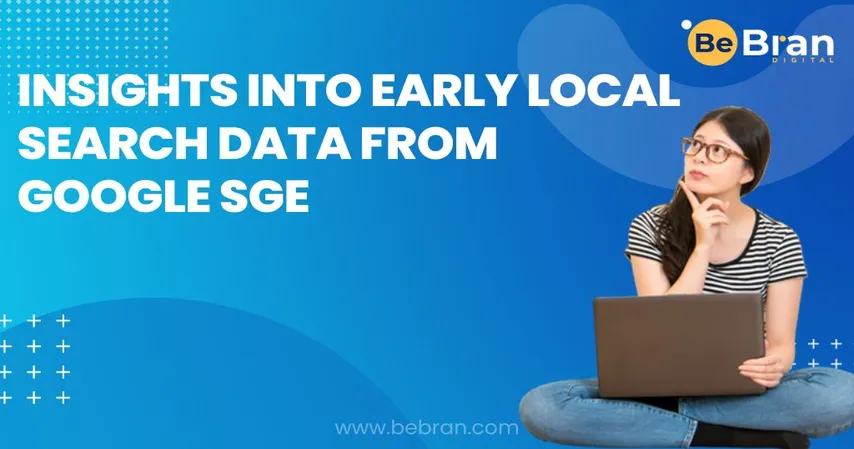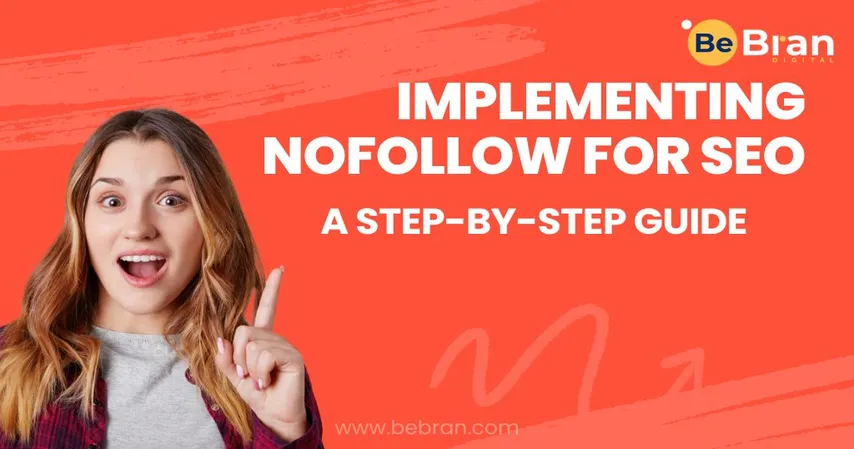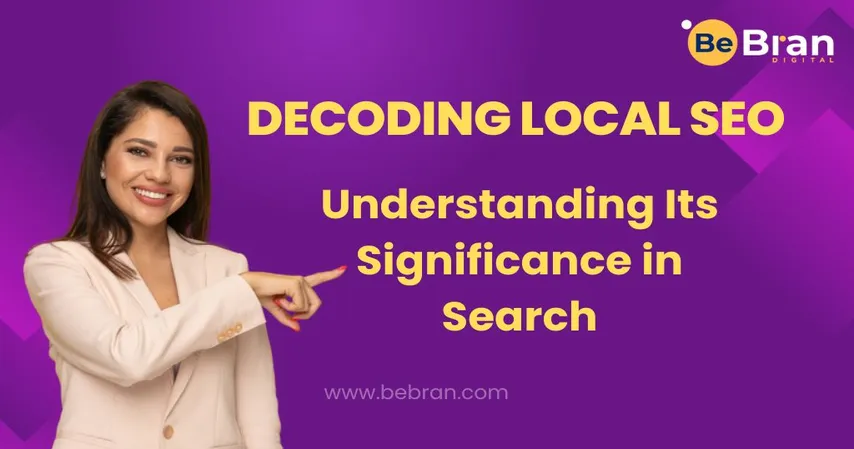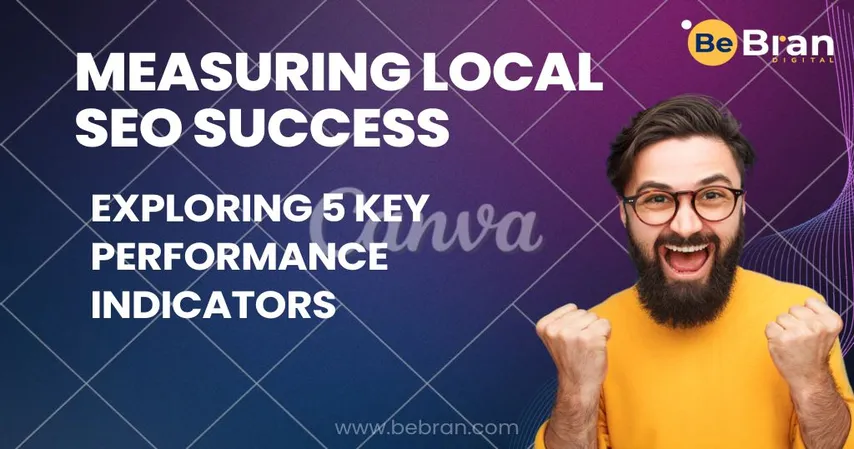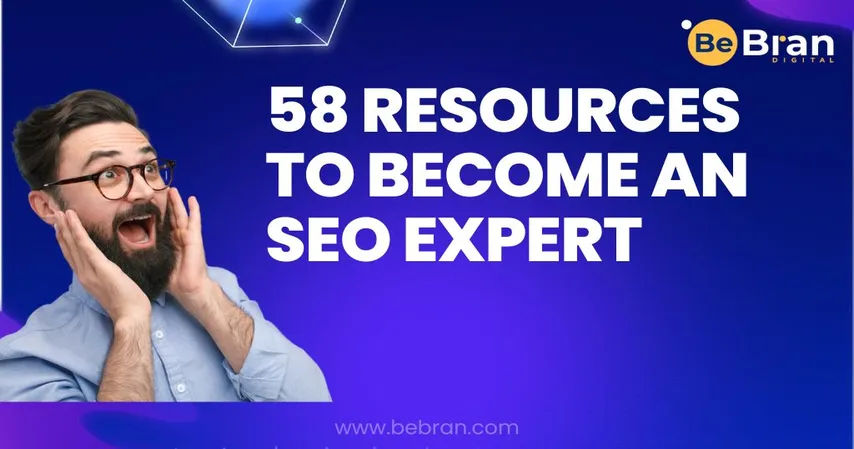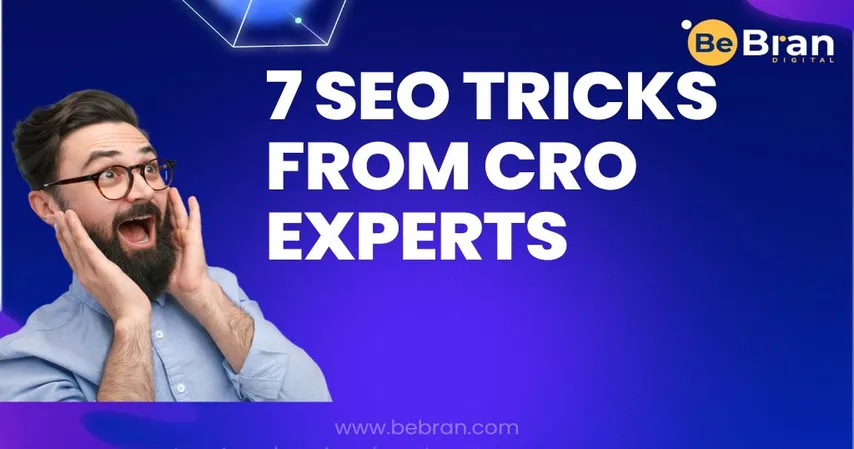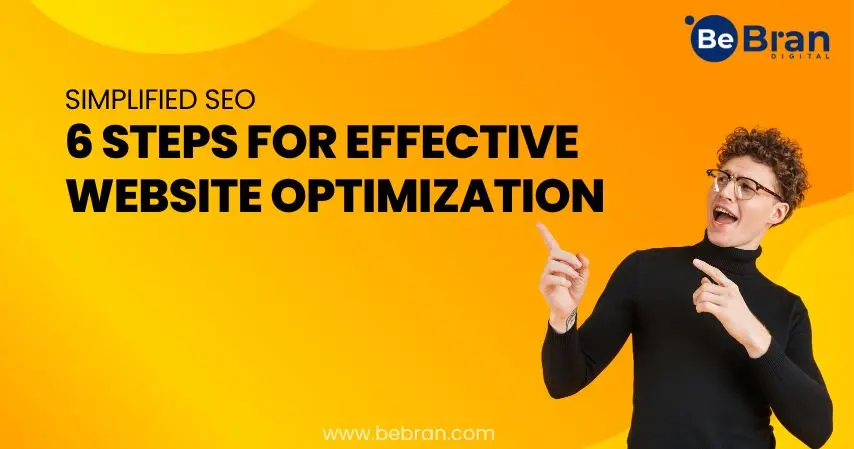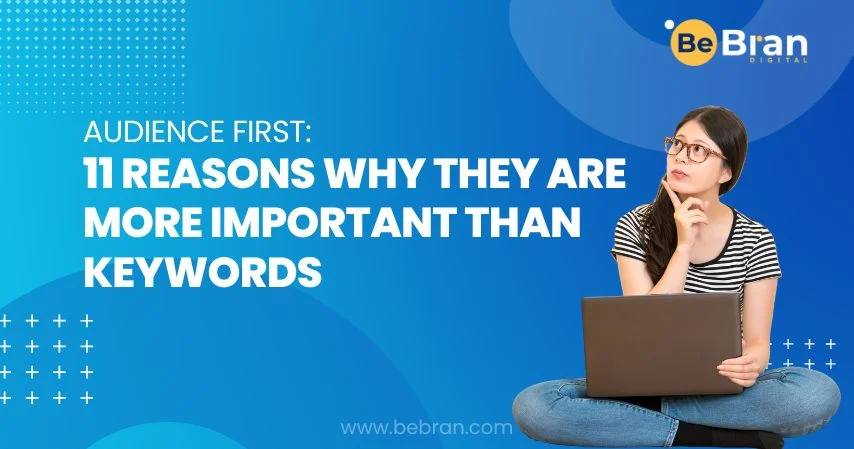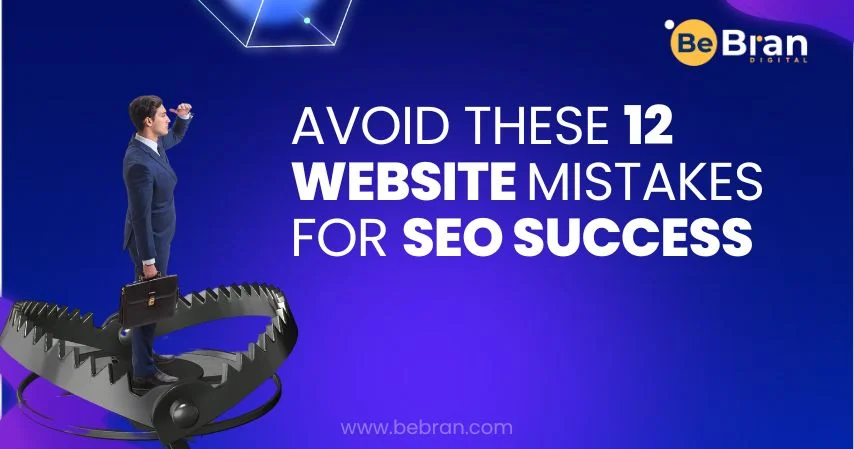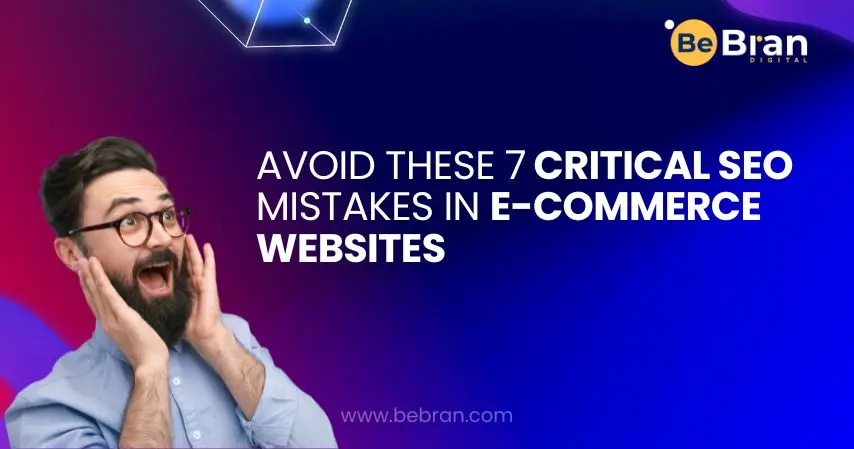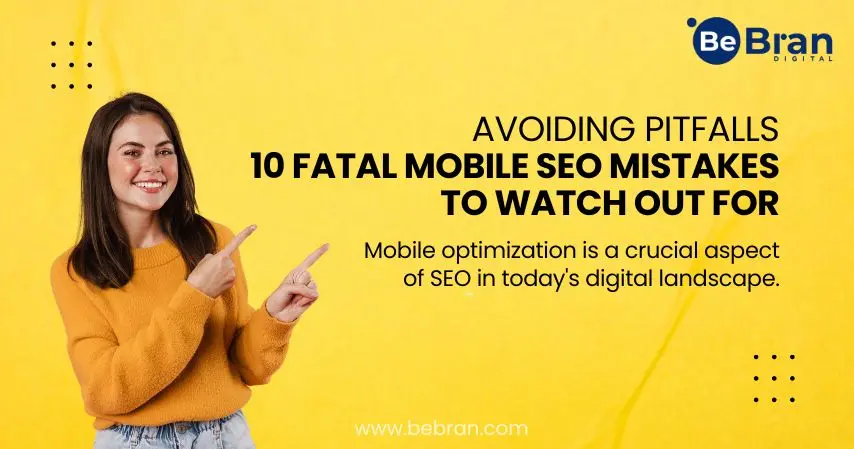1. What is SEO, and how does it work?
SEO stands for Search Engine Optimization. It's a process of optimizing your website to rank higher in search engine results, enhancing its visibility. By adjusting various elements on your site and considering factors like keyword density, SEO improves your site's relevancy to specific search queries.
2. Why is SEO essential for beginners?
For anyone launching or managing a website, understanding SEO is crucial. It determines how your site performs in search results, influencing traffic, conversions, and online visibility.
3. What are the basics of an SEO tutorial for beginners?
A beginner's SEO tutorial typically covers keyword research, on-page and off-page optimization, content quality, link building, and the importance of user experience.
4. How important is keyword density in SEO?
Keyword density refers to the frequency of your primary keywords in your content. While it's essential to maintain a good keyword density, ensuring content sounds natural and isn't overstuffed with keywords is equally important.
5. Can I learn SEO on my own?
Absolutely! There are numerous resources online, especially "SEO tutorial for beginners" guides, that provide comprehensive yet easy-to-understand information on how SEO works.
6. How has SEO evolved over the years?
SEO has transformed from merely stuffing keywords to focusing on content quality, user experience, mobile optimization, and more. Staying updated with the latest SEO practices is crucial for consistent performance.
7. What are some common mistakes beginners make in SEO?
Some frequent pitfalls include not focusing on the right keywords, creating low-quality content, overlooking the technical aspects of SEO, and attempting to game the system with techniques like keyword stuffing.
8. Are there tools available to assist with SEO for beginners?
Yes, several tools can help beginners understand how SEO works. Platforms like Google's Keyword Planner for keyword research or Google Analytics for traffic insights are invaluable for those just starting.
9. How long does it take to see results from SEO?
SEO is a long-term game. While some changes might bring about quick improvements, sustainable SEO success typically requires patience and consistent effort.
10. Is SEO only about search engines?
While the primary goal is to optimize for search engines, good SEO practices also improve the user experience and website usability, making it beneficial for both the site owner and its visitors.
Remember, SEO is a journey, not a destination. With continuous learning, dedication, and adaptation to the evolving landscape, any beginner can achieve SEO mastery.







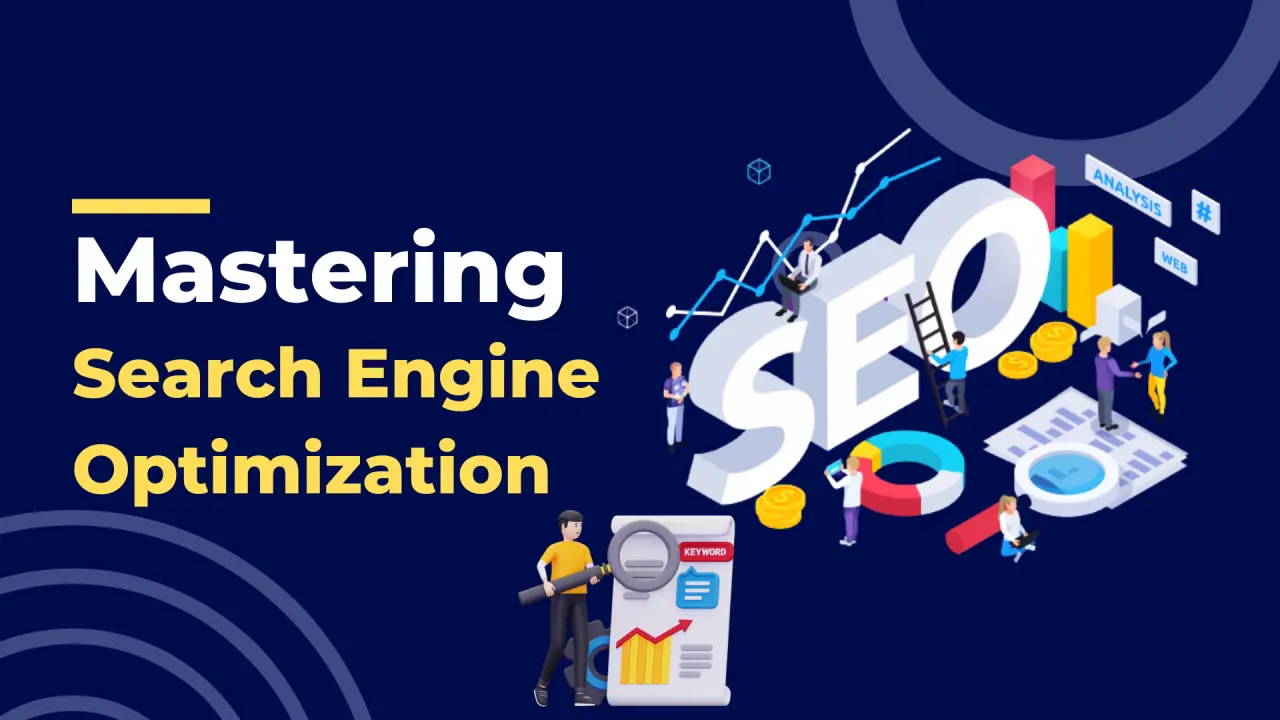





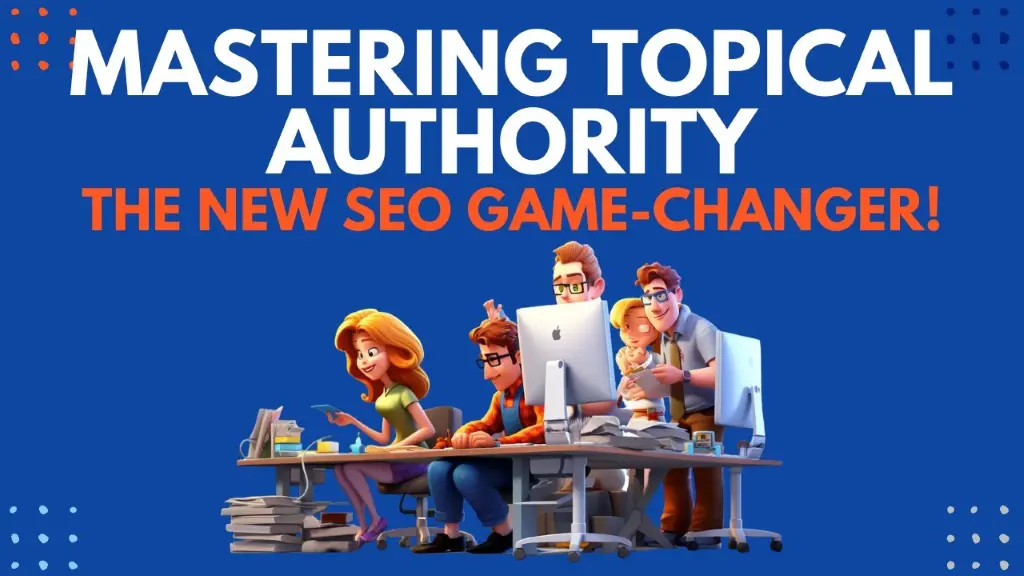





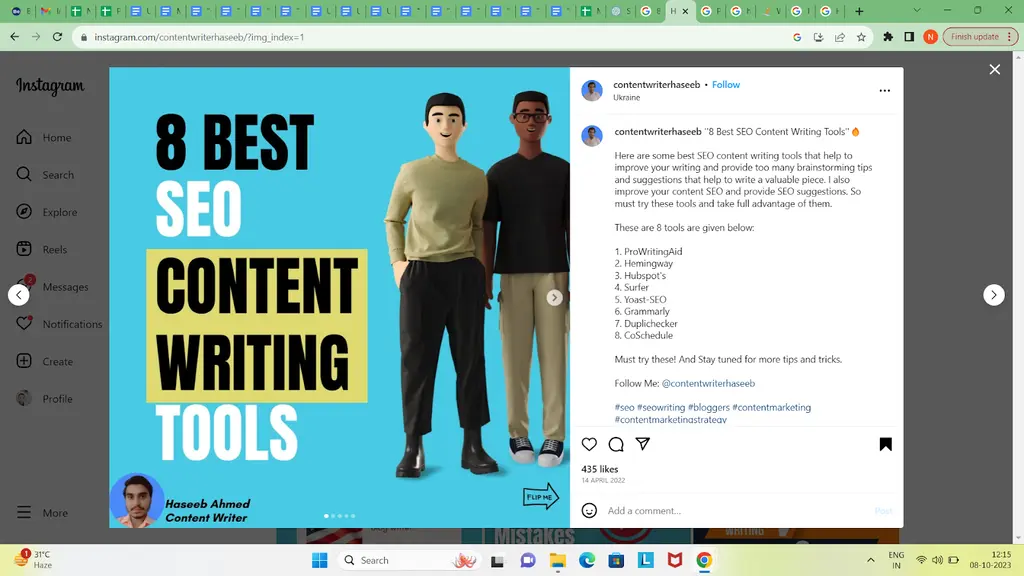

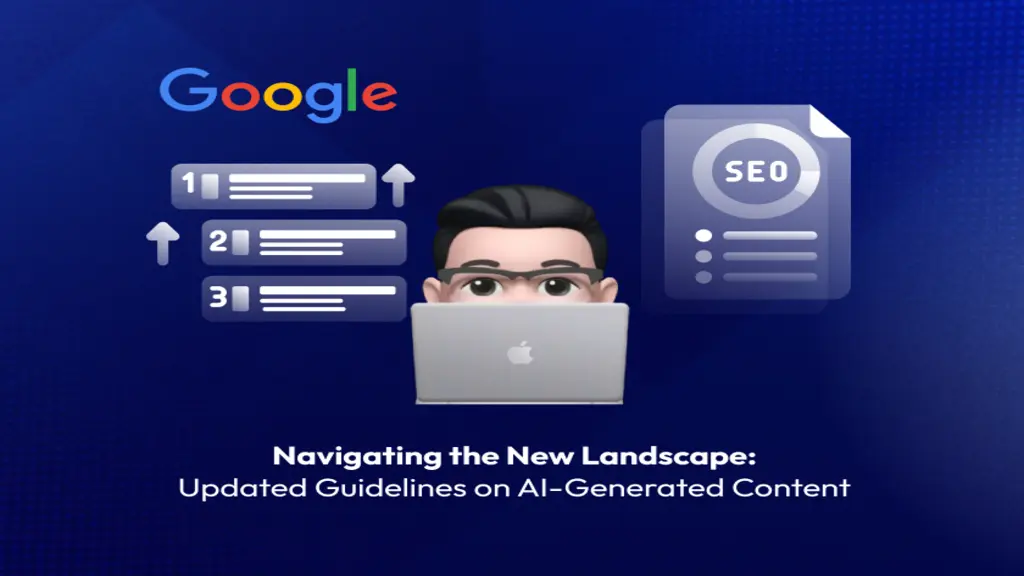

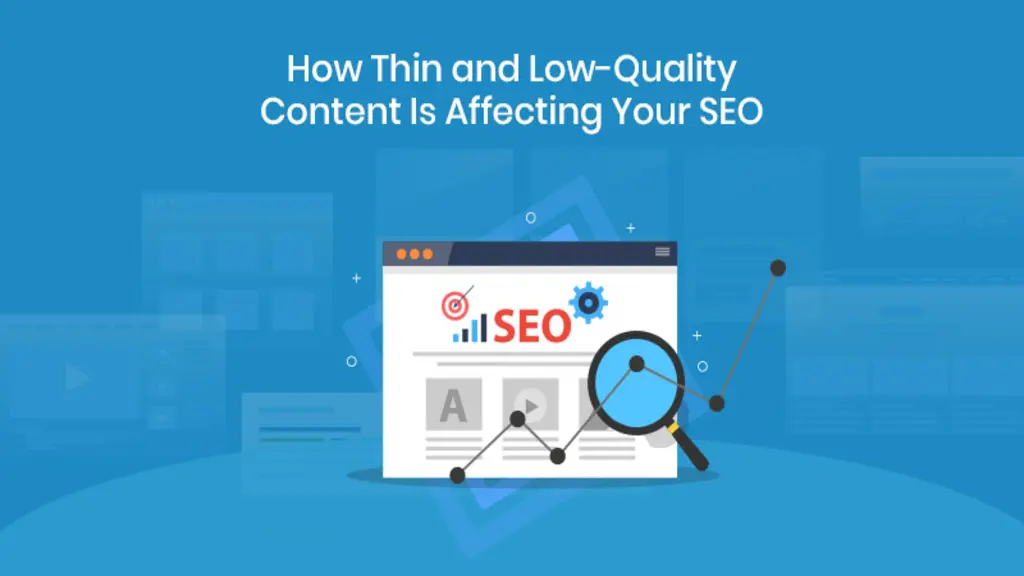





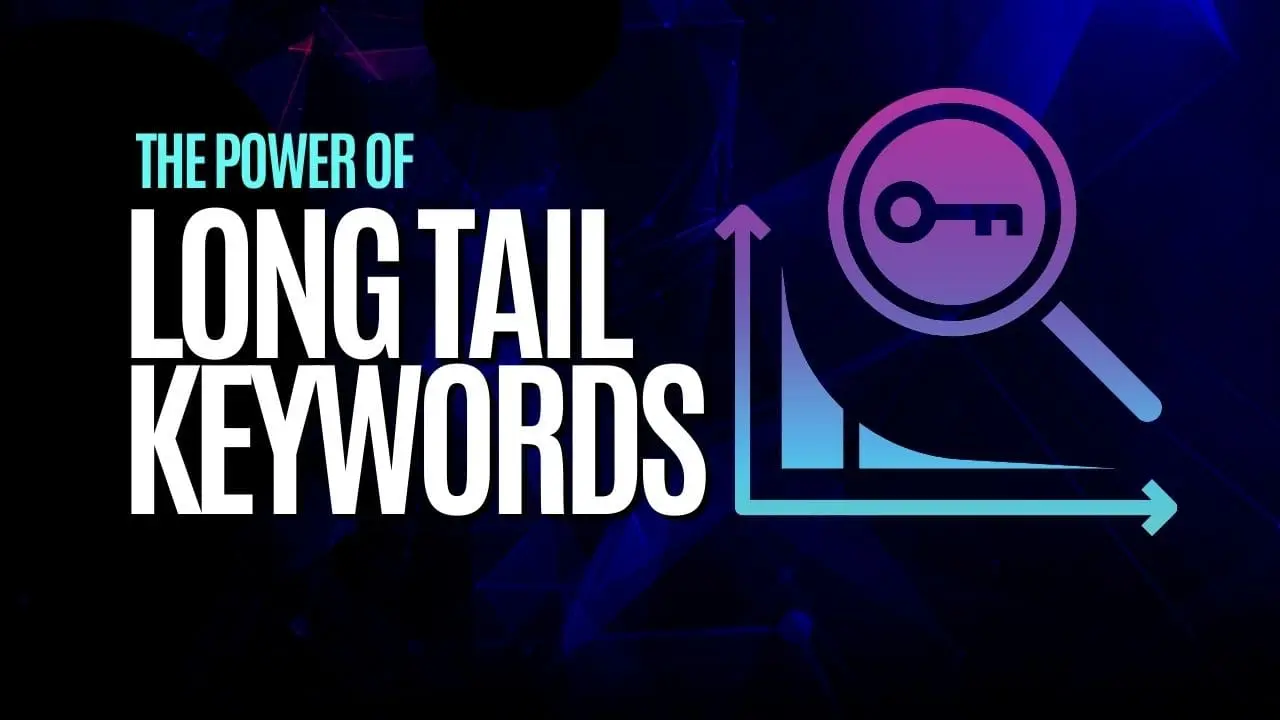






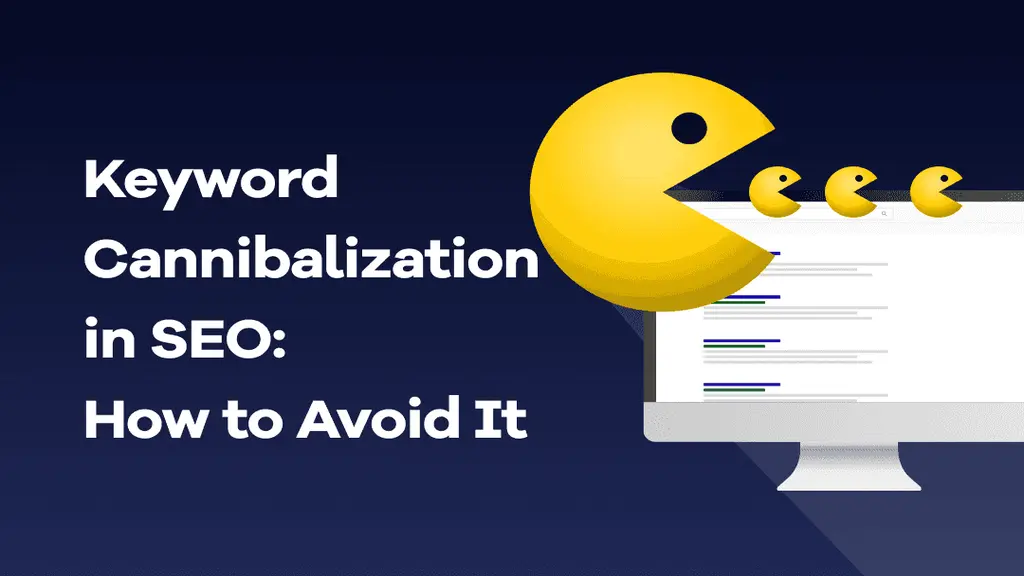

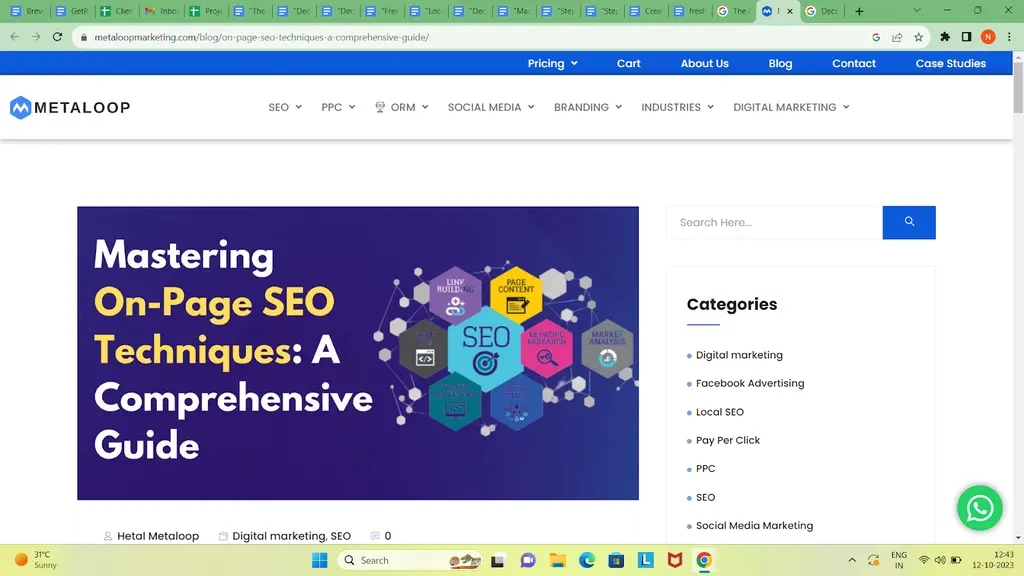

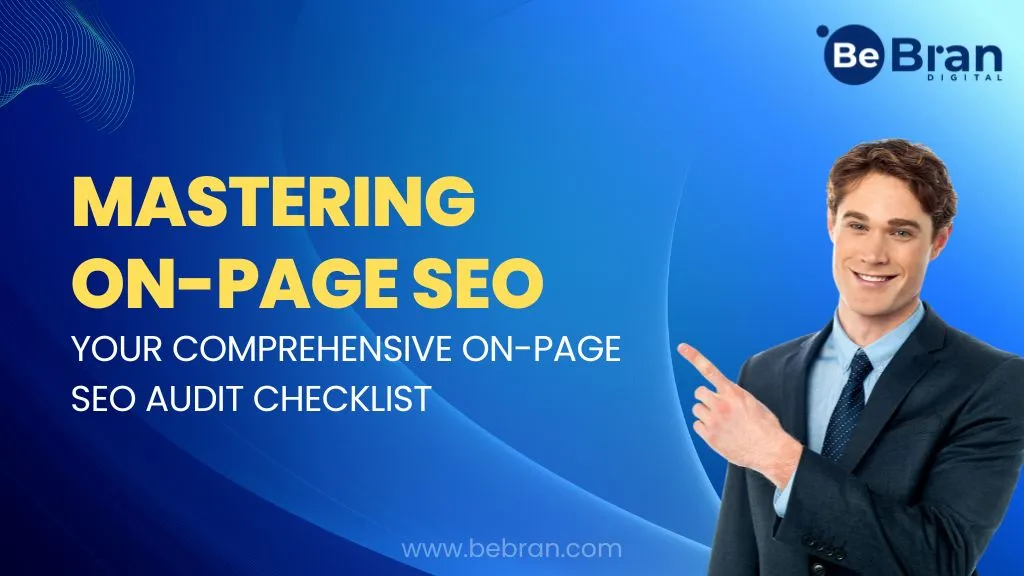

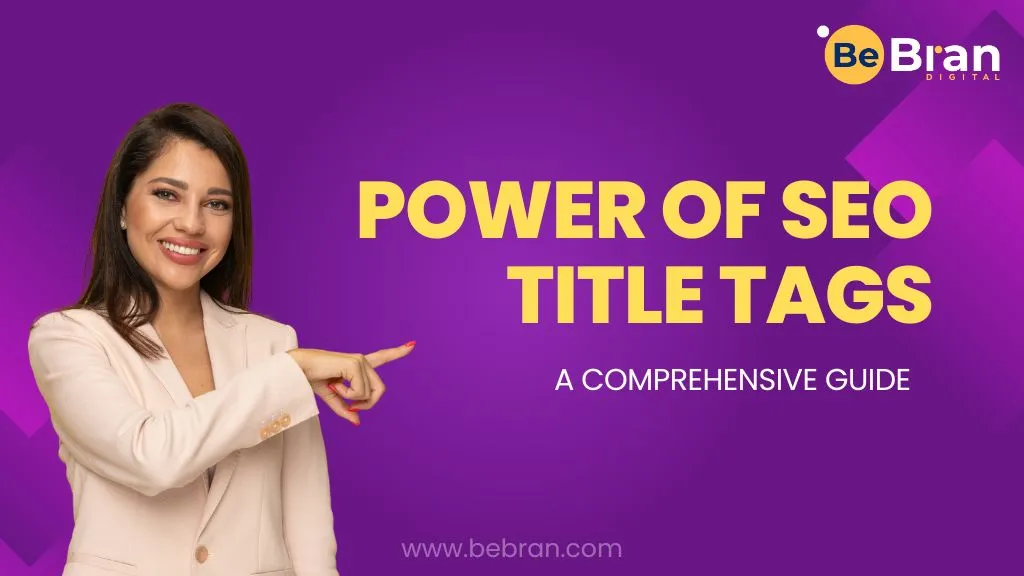

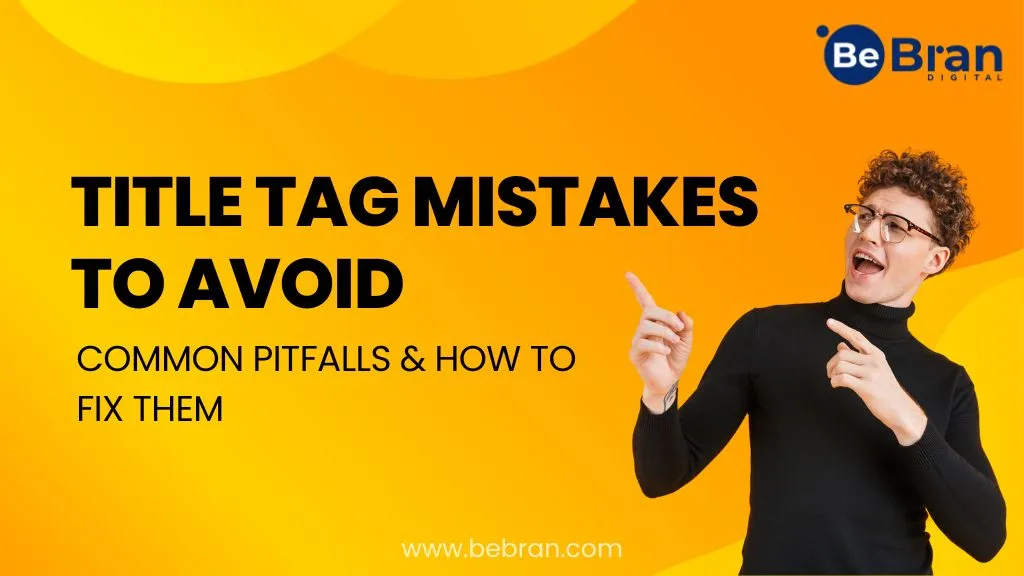




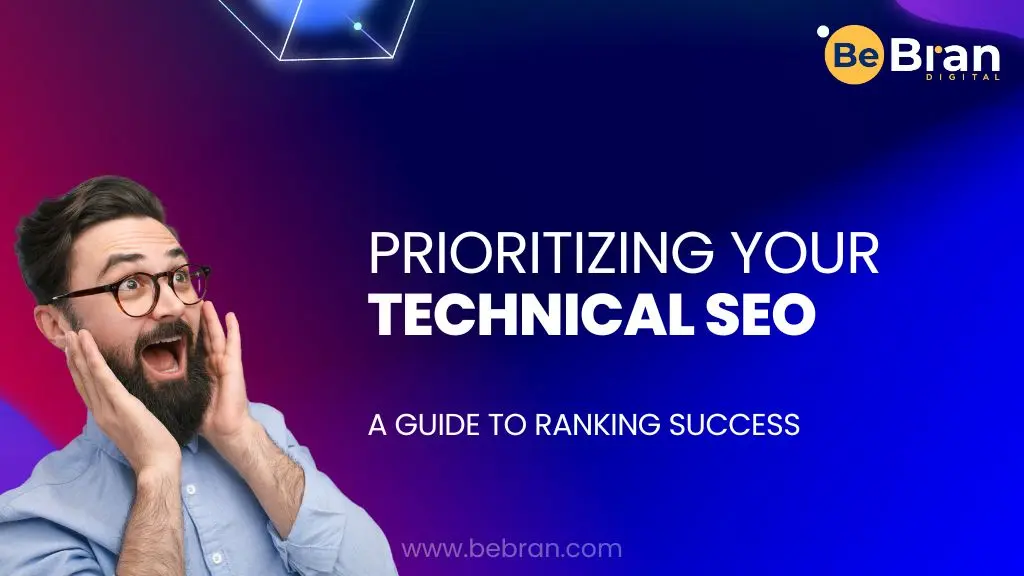

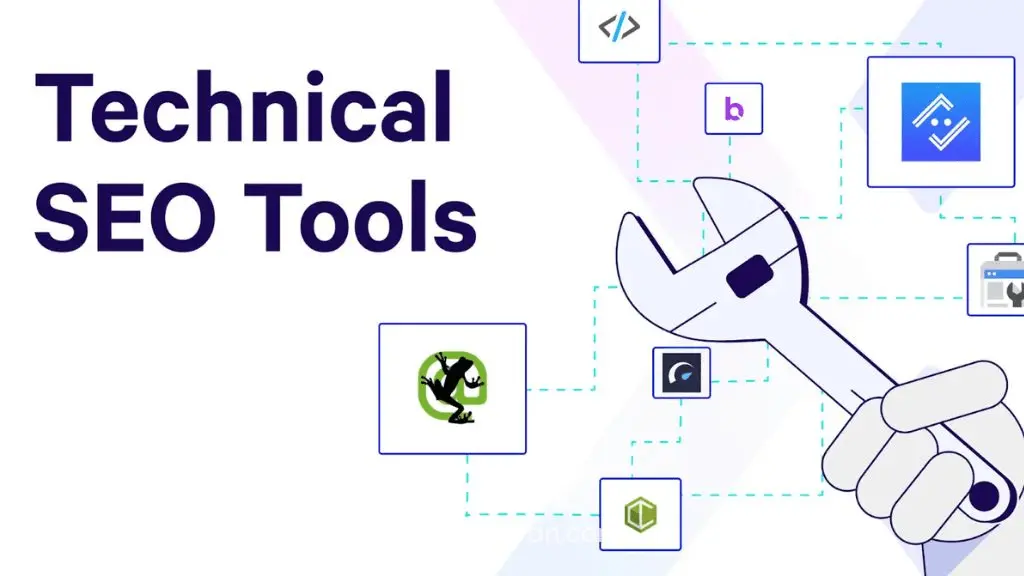



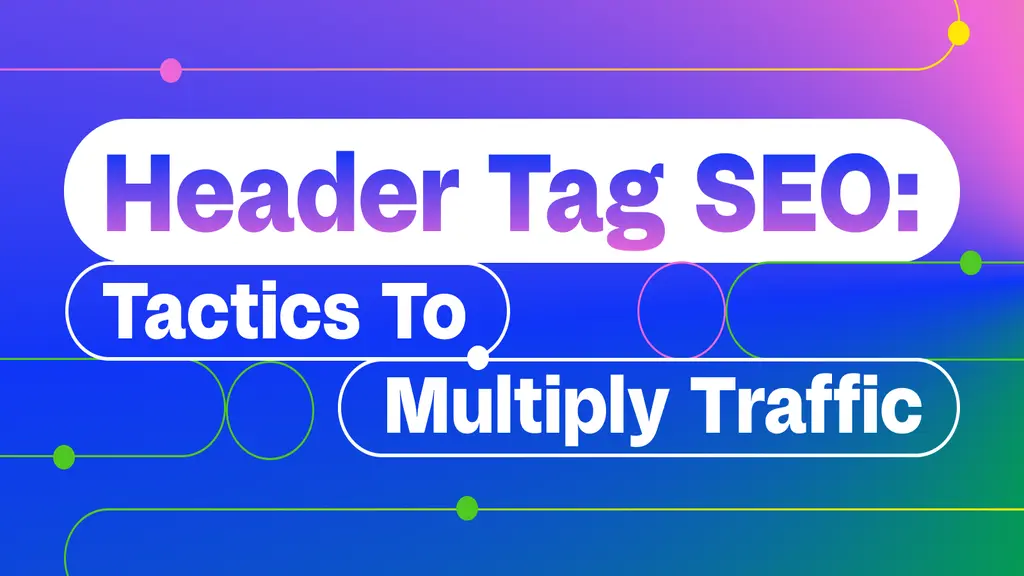

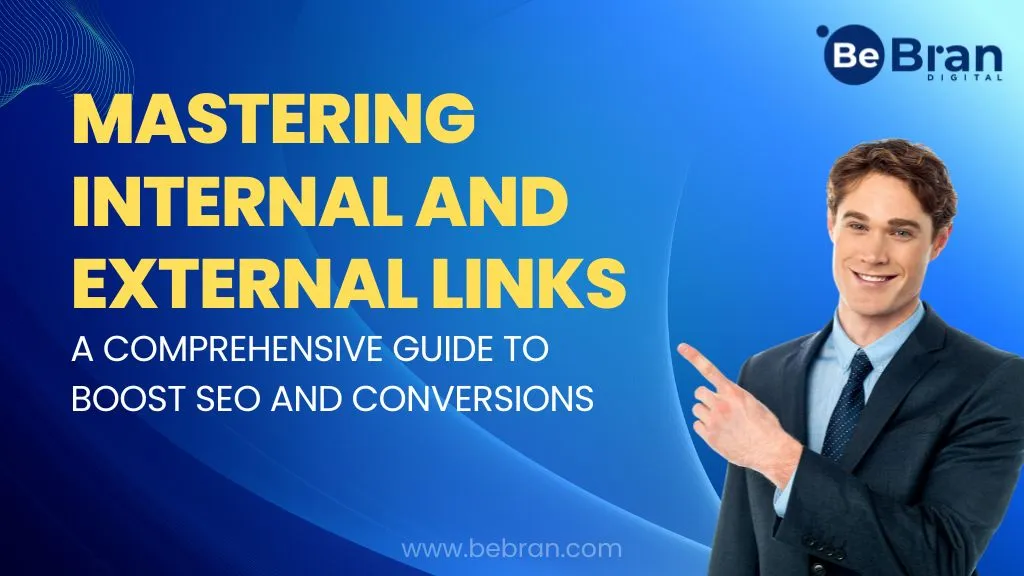







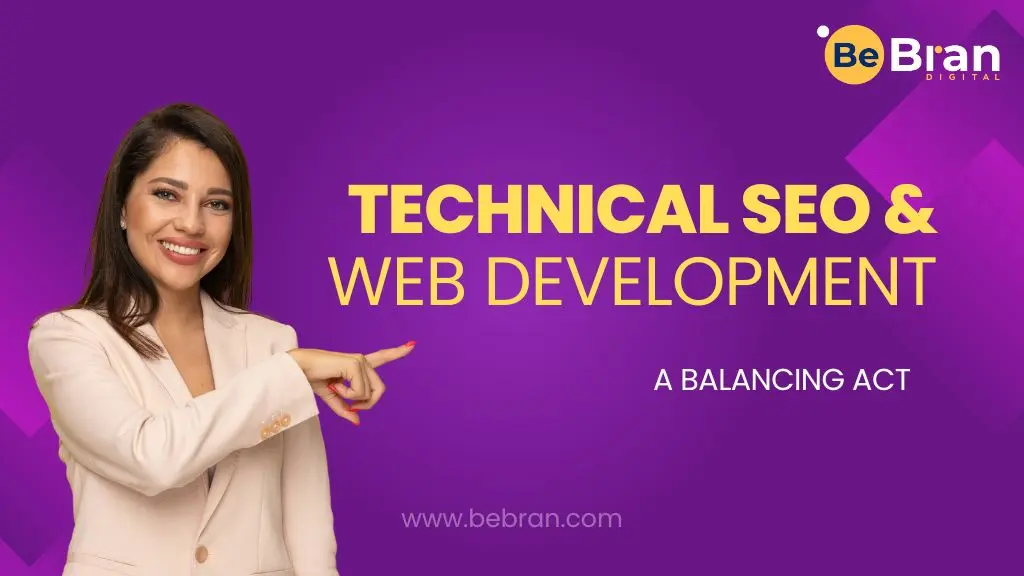


![1707475220 Bebran[1]](https://bebran.com/public/uploads/1709129094_1707475220_bebran[1].webp)
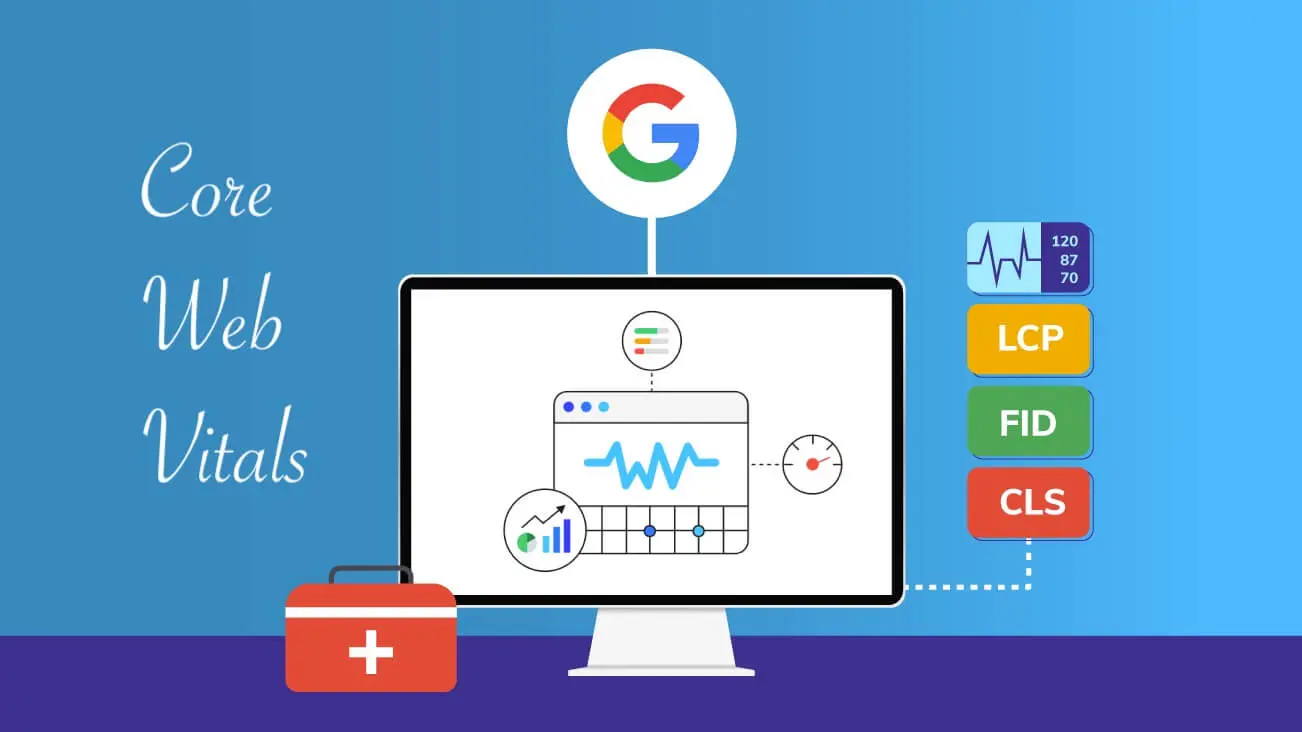
![1707475220 Bebran[1]](https://bebran.com/public/uploads/1709132759_1707475220_bebran[1].webp)

![1707475220 Bebran[1]](https://bebran.com/public/uploads/1709133996_1707475220_bebran[1].webp)
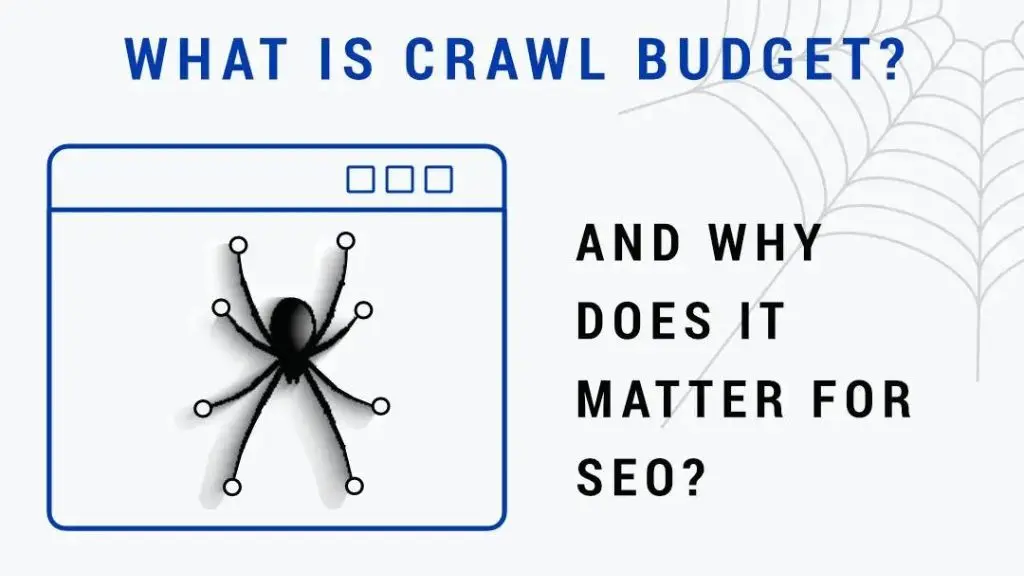
![1707475220 Bebran[1]](https://bebran.com/public/uploads/1709135250_1707475220_bebran[1].webp)

![1707475220 Bebran[1]](https://bebran.com/public/uploads/1709135874_1707475220_bebran[1].webp)

![1707475220 Bebran[1]](https://bebran.com/public/uploads/1709136770_1707475220_bebran[1].webp)

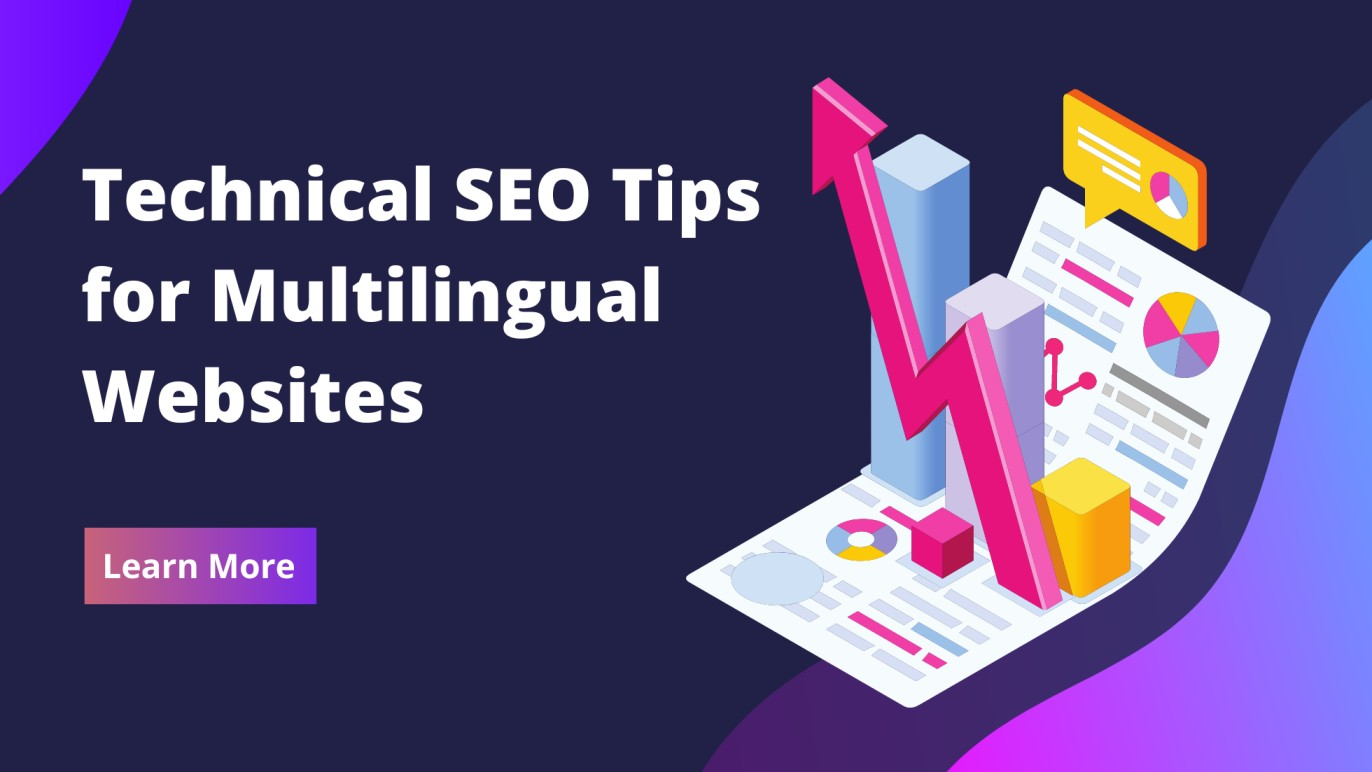





![1707475220 Bebran[1]](https://bebran.com/public/uploads/1709188948_1707475220_bebran[1].webp)
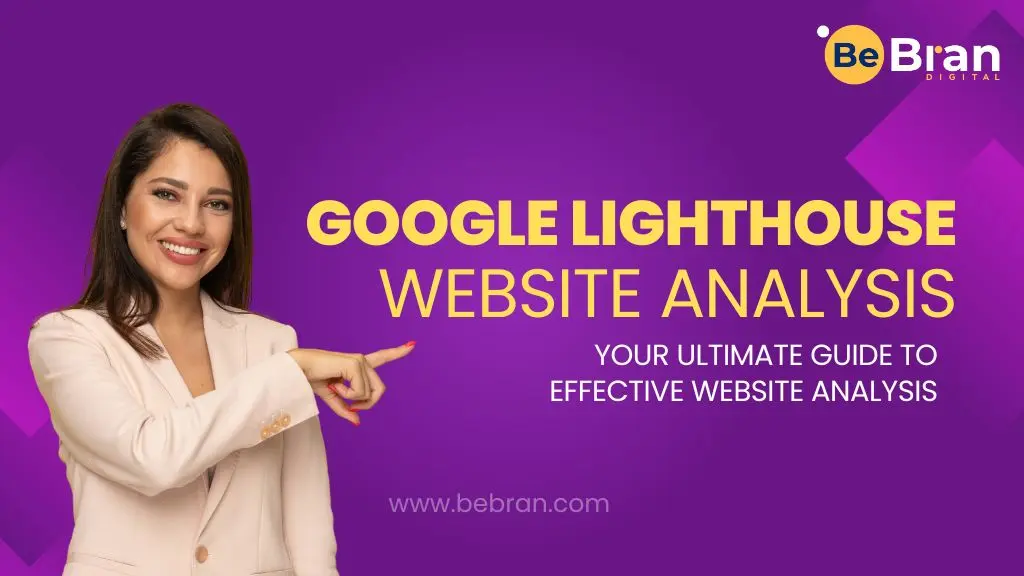
![1707475220 Bebran[1]](https://bebran.com/public/uploads/1709190426_1707475220_bebran[1].webp)







